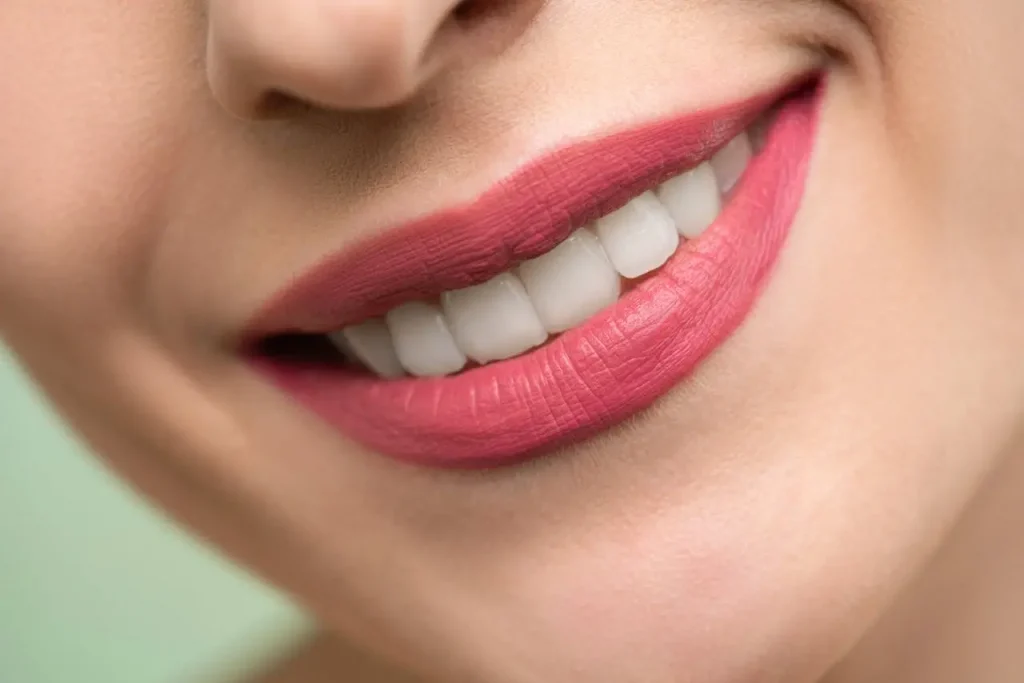Investigating Black Gums: Causes, Symptoms, and Treatment Options

Are you concerned about black gums and wondering what may be causing them? You’re not alone. Black gums can be a cause for alarm, as they can indicate an underlying issue that needs attention. In this article, we will investigate the causes, symptoms, and treatment options for black gums.
Table of Contents
ToggleCommon Causes of Black Gums
Black gums can be caused by a variety of factors, and understanding these causes is crucial in determining the most appropriate treatment plan. One common cause of black gums is poor oral hygiene. Inadequate brushing and flossing can lead to the accumulation of plaque and tartar, which can cause the gums to darken in color.
Another potential cause of black gums is tobacco use. Smoking and chewing tobacco can stain the gums and teeth, resulting in a darkened appearance. The chemicals in tobacco products can also irritate the gums and contribute to gum disease, further exacerbating the issue.
Certain medications can also cause black gums as a side effect. For instance, some antimalarial drugs, such as chloroquine and hydroxychloroquine, have been linked to gum discoloration. Other medications, such as minocycline, used to treat acne, can also cause a darkening of the gums.
In some cases, black gums may be the result of a genetic predisposition. This means that some individuals are more likely to develop darker gums due to their genetic makeup. While this cause cannot be prevented or treated, understanding the underlying genetic factors can help in managing the appearance of black gums.
Symptoms of Black Gums
Symptoms of black gums may vary from person to person, but there are some common signs to watch out for. The most obvious symptom is a dark discoloration of the gums. This can range from a slight darkening to a deep black color. The gums may also appear blotchy or uneven in color.
In addition to the visual changes, black gums can also be accompanied by other symptoms. Some individuals may experience sensitivity in the gums, especially when consuming hot or cold foods and beverages. Swelling and inflammation of the gums can also occur, leading to discomfort and pain. In more severe cases, black gums may bleed easily, particularly during brushing or flossing.
Potential Health Implications of Black Gums
While black gums may seem like a purely cosmetic issue, they can actually have potential health implications if left untreated. One of the main concerns is the development of gum disease. When the gums are darkened, it can be more difficult to detect early signs of gum disease, such as redness, swelling, and bleeding. This delay in diagnosis and treatment can lead to the progression of gum disease, which can result in tooth loss and other oral health problems.
Black gums can also increase the risk of tooth decay. The darkened gums can create a visual illusion, making it harder to identify cavities or other dental issues. This can lead to delayed treatment and further damage to the teeth.
Diagnosis of Black Gums
If you notice black gums or any concerning symptoms, it’s important to consult with a dental professional for an accurate diagnosis. During a dental examination, your dentist will evaluate the color and condition of your gums, as well as inquire about your oral hygiene habits and medical history.
In some cases, your dentist may recommend additional tests to determine the underlying cause of your black gums. This can include taking a sample of the gum tissue for biopsy or ordering blood tests to check for any systemic conditions that may be contributing to the discoloration.
Treatment Options for Black Gums
Fortunately, there are several treatment options available for black gums. The most common and effective treatment is a professional dental cleaning. During this procedure, a dental hygienist will use special tools to remove plaque, tartar, and surface stains from your teeth and gums. This can help restore a healthier color to your gums and improve overall gum health.
In cases where the black gums are caused by medication, your dentist may work with your healthcare provider to adjust your medication or explore alternative options. It’s essential to follow your healthcare provider’s guidance and not make any changes to your medication without consulting them first.
In more severe cases, surgical procedures may be necessary to address black gums. Gum grafting, for example, involves taking tissue from another area of your mouth and grafting it onto the affected gums to restore a more natural appearance. This procedure is typically performed by a periodontist, a dental specialist who specializes in the treatment of gum diseases and conditions.
Home Remedies for Black Gums
While professional treatment is the most effective option for black gums, there are some home remedies that may help improve the appearance and health of your gums. These remedies should be used as adjuncts to professional dental care and not as a substitute.
One simple home remedy is to rinse your mouth with a mixture of warm water and salt. Saltwater rinses can help reduce inflammation and kill bacteria in the mouth, promoting gum health. Another natural remedy is oil pulling, which involves swishing oil, such as coconut oil, around in your mouth for a few minutes each day. Oil pulling has been suggested to improve gum health and reduce gum discoloration.
Maintaining good oral hygiene practices is also crucial in improving the health and appearance of your gums. Brushing your teeth at least twice a day, flossing daily, and using an antiseptic mouthwash can help remove plaque and prevent gum disease.
Prevention of Black Gums
Preventing black gums starts with practicing good oral hygiene. Regular brushing and flossing are essential in removing plaque and preventing gum disease. It’s also important to schedule regular dental check-ups and cleanings to maintain optimal oral health.
If you use tobacco products, quitting or reducing your usage can significantly improve the health and appearance of your gums. Avoiding or minimizing the consumption of foods and beverages that can stain your teeth, such as coffee, tea, and red wine, can also help prevent gum discoloration.
Maintaining a healthy lifestyle, including a balanced diet and regular exercise, can contribute to overall gum health. Drinking plenty of water and avoiding sugary snacks and drinks can help prevent tooth decay and gum disease.
When to See a Dentist for Black Gums
If you have black gums or any concerning symptoms, it’s essential to see a dentist as soon as possible. A dental professional can accurately diagnose the cause of your black gums and recommend the most appropriate treatment plan.
Additionally, if you notice any sudden changes or worsening of symptoms, such as severe pain or bleeding, it’s crucial to seek immediate dental care. These symptoms may indicate a more serious underlying issue that requires prompt attention.
Conclusion
Black gums can be a cause for concern, but with the right diagnosis and treatment, they can be effectively managed. Understanding the common causes, symptoms, and treatment options for black gums is essential in maintaining optimal oral health. Remember to consult with a dental professional for an accurate diagnosis and personalized treatment plan. By taking control of your oral health today, you can achieve healthier, pink gums and a brighter smile.
Related Posts

Clarifying the Distinction: IBS and IBD Explained for Better Health

Combating Alzheimer’s Disease: The Impact of MIND and Mediterranean Diets on Brain Health
